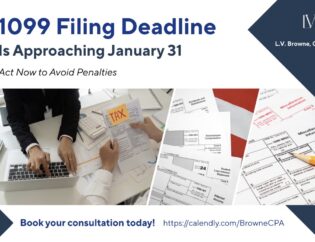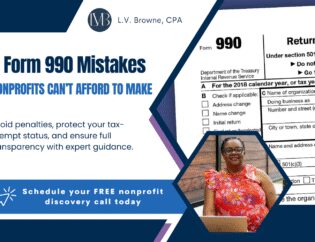
The IRS Fresh Start program can help you pay your taxes.
Are you struggling to pay your federal taxes? If so, the IRS Fresh Start program for individual taxpayers and small businesses can help. The IRS began Fresh Start in 2011 to help struggling taxpayers. Now, to help a greater number of taxpayers, the IRS has expanded the program by adopting more flexible Offer-in-Compromise (OIC) terms. This expansion will enable some of the most financially distressed taxpayers to clear up their tax problems, possibly more quickly than in the past.
What is an Offer in Compromise? An OIC is an agreement between a taxpayer and the IRS that settles the taxpayer’s tax liabilities for less than the full amount owed. Generally, the IRS does not accept an OIC if they believe the liability can be paid in full as a lump sum or through a payment agreement. The IRS looks at the taxpayer’s income and assets to make a determination of the taxpayer’s reasonable collection potential. OICs are subject to acceptance on legal requirements.
Why is the IRS making this change? The IRS recognizes that many taxpayers are still struggling to pay their bills so they have put in place common-sense changes to the OIC program that more closely reflect real-world situations. This expansion focuses on the financial analysis used to determine which taxpayers qualify for an OIC. These changes also enable some to resolve their tax problems in as little as two years compared to four or five years in the past.
How is the program changing? In certain circumstances, the changes include:
- Revising the calculation for the taxpayer’s future income.
- Allowing taxpayers to repay their student loans.
- Allowing taxpayers to pay state and local delinquent taxes.
- Expanding the Allowable Living Expense allowance category and amount.
Other changes to the program include narrowed parameters and clarification of when a dissipated asset will be included in the calculation of reasonable collection potential. In addition, equity in income-producing assets generally will not be included in the calculation of reasonable collection potential for ongoing businesses.
How is collection potential now calculated? When the IRS calculates a taxpayer’s reasonable collection potential, it will now look at only one year of future income for offers paid in five or fewer months, down from four years; and two years of future income for offers paid in six to 24 months, down from five years. All offers must be fully paid within 24 months of the date the offer is accepted.
How do I apply or get more information? Information about the OIC program, including applicant qualifications, how to apply and steps to complete the application process, Form 656-B, Offer in Compromise Booklet and Form 656, Offer in Compromise, is available on IRS.gov.
You will need a well-qualified CPA to help you through this process. L. V. Browne, CPA would love to help. Please call us at 972-729-9906 or email us at keesha@lvbrownecpa.com or click here.
“Offer in Compromise.” IRS, 25 Apr. 2023, https://www.irs.gov/payments/offer-in-compromise. Accessed 23 October 2023.










